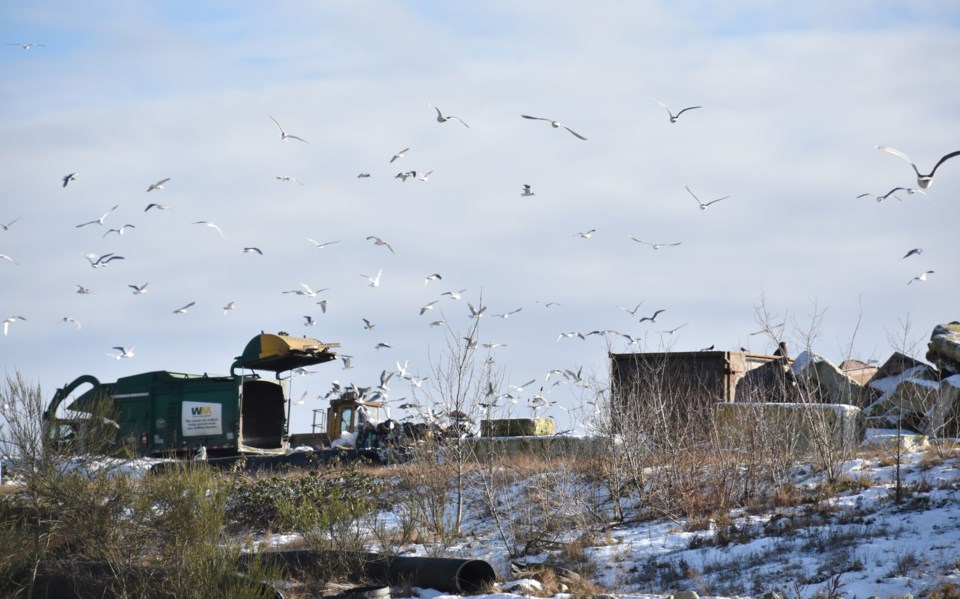Motorhomes and derelict boats piling up at the public works yard operated by the District of Sechelt could soon find a new home at the dump, though it will have to be a piecemeal move.
Sunshine Coast Regional District (SCRD) directors voted at a March 19 infrastructure services committee to move ahead with a pilot project that would last until the end of the year and would allow the Sechelt landfill to accept boats, motorhomes and camping trailers.
There is a catch.
The vehicles and vessels would have to be dismantled into four-feet sections or less, recyclable materials such as wood and metal would have to be separated so they can be diverted, and any liquids would have to be removed. Disposal times would also have to be booked in advance to allow for quick processing.
A tipping fee of $265 per tonne would also be applied – it’s the same rate charged for contaminated wood and would cover added costs for special handling.
“The big question” is how many of these broken homes and boats the landfill will receive, said infrastructure general manager Remko Rosenboom. A staff report outlining options said “it is not anticipated that the annual number of items received would significantly impact the expected lifespan of the Sechelt Landfill.”
Staff had originally suggested the options of either accepting motorhomes and boats or maintaining the status quo, but directors opted for a pilot project instead because volumes are unknown.
Directors still have to approve the changes at a regular board meeting and approve an amendment to the bylaw that regulates materials accepted at the dump.
Both Gibsons director David Croal and Elphinstone director Donna McMahon raised concern that fibreglass and other materials may contaminate local environments if individuals do not take care when dismantling.
For Sechelt director Darnelda Siegers, the problem was more immediate. “A number of RVs, boats, et cetera” are at the public works yard, she said. People are leaving them on the side of the road or in the bush, forcing staff to move them. “Our public works yard is getting full… How do we deal with the cost of derelicts?”



